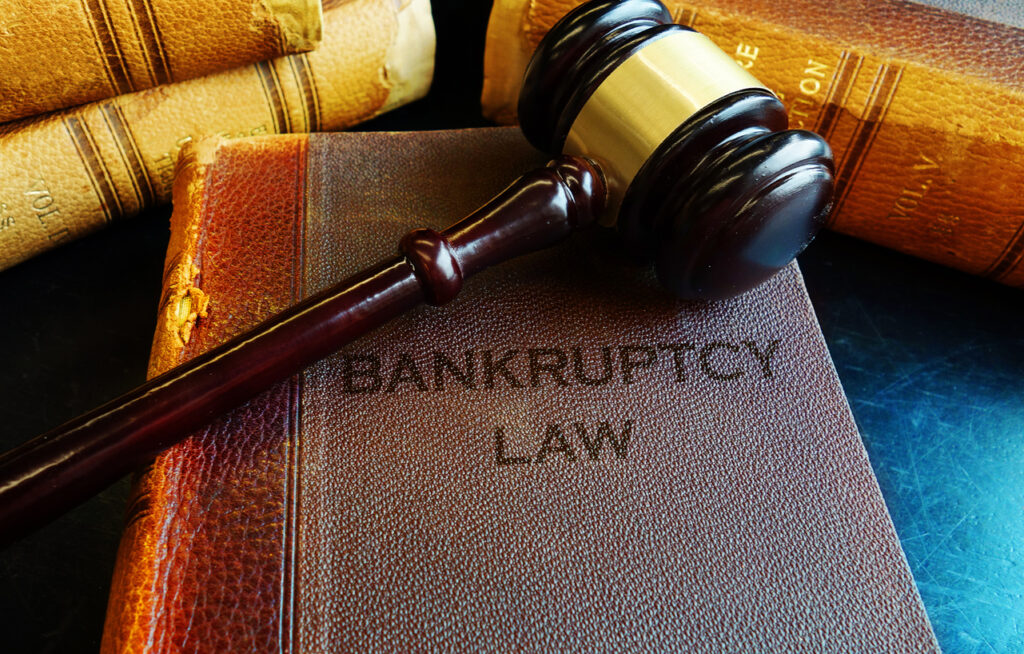
When facing bankruptcy, one of the most pressing concerns for many individuals is the fate of their personal assets, specifically their vehicles. A car is not just a symbol of independence; it’s also a lifeline that enables people to commute to work, take their kids to school, or even make a living. But can you keep your car during bankruptcy? The answer is not a simple yes or no, as it largely depends on the specifics of your financial situation and the type of bankruptcy filed. Here a Chapter 7 bankruptcy lawyer breaks down what you need to know.
What Happens to Cars in Bankruptcy
In the realm of bankruptcy, cars are considered assets and therefore can be affected by the proceedings. In Chapter 7 bankruptcy, non-exempt assets are liquidated to pay off creditors. However, each state has its own exemption laws that may allow you to keep your car. If the equity in your car is less than the allowable exemption, you can typically keep it.
Chapter 13 bankruptcy works differently. Instead of liquidating assets, you’re put on a payment plan to repay some or all of your debts over time. In this case, you’ll likely be able to keep your car, as long as you continue making payments.
How Reaffirmations Work
Reaffirmation is a legal procedure in which you agree to continue paying a secured debt, like a car loan, even though you’re going through bankruptcy. By signing a reaffirmation agreement, you’re essentially promising your lender that you’ll honor the original contract. This allows you to keep your car during and after bankruptcy. However, it’s important to consult with a bankruptcy attorney before entering into such an agreement.
Is it a Good Idea to Keep Your Car?
This question is subjective and depends on your unique situation. If your car loan has a high interest rate, or if the car’s value is less than what you owe, it may not be wise to reaffirm the debt. However, if your car is essential for your livelihood and you can afford the payments, it might make sense to keep it. It’s crucial to weigh the pros and cons and potentially seek professional advice.
Redemptions
Redemption is another option for keeping your car in bankruptcy. In a redemption, you pay the lender the replacement value of the car in a lump sum. This is often less than the total amount you owe, potentially saving you money in the long run. However, redemptions require you to have the necessary funds available, which might be challenging when facing bankruptcy.
Cross Collateralization from Credit Unions
If you have a car loan with a credit union, you may encounter a situation known as cross-collateralization. This is when the credit union uses collateral from one loan (like a car loan) to secure another loan. In a bankruptcy scenario, this can complicate matters, as discharging one debt might still leave you with the obligation to repay the car loan due to the cross-collateralization clause.
